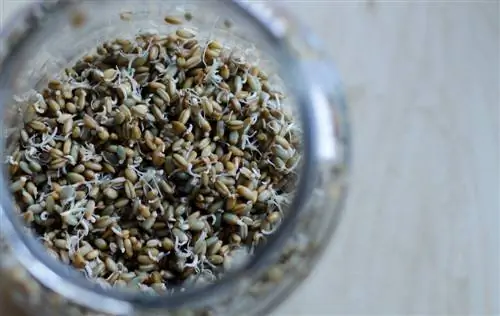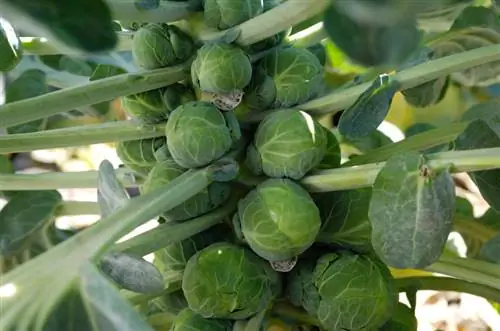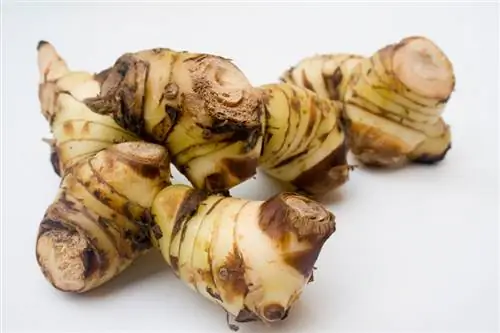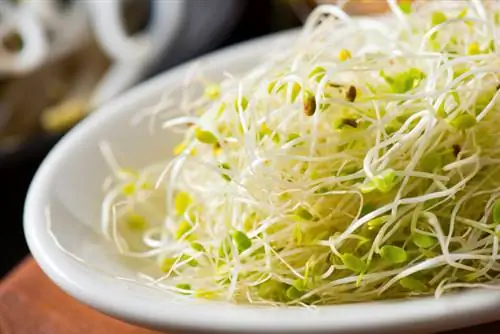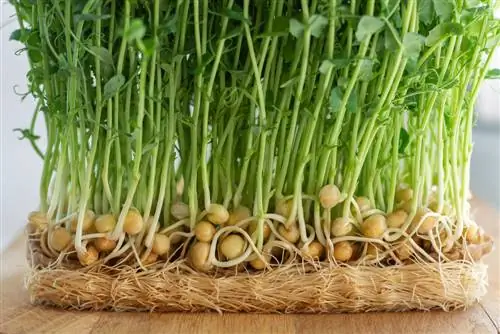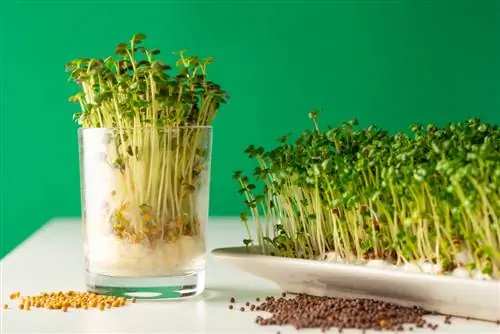- Author admin [email protected].
- Public 2023-12-16 16:46.
- Last modified 2025-01-23 11:22.
Grain sprouts are considered an enrichment for the daily menu. They are versatile and are true vitamin bombs. Rye has special temperature requirements because undesirable processes can quickly occur in suboptimal conditions.
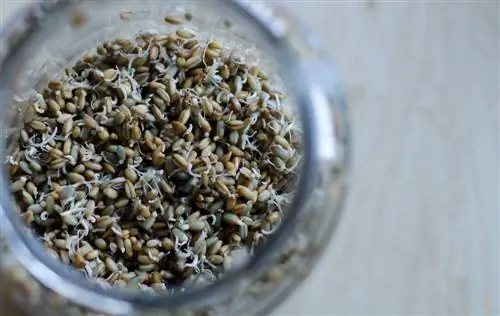
How do I germinate rye correctly?
To germinate rye, soak a cup of rye seeds in cold water for at least three hours, change the water every hour and then place the grains in a germination jar. At ideal temperatures of 18-20 °C, the seeds germinate within two to three days after daily watering and draining.
Preparations
For three cups of sprouted sprouts, you will need one cup of rye seeds. Soak the grains in tap water between 12 and 18 degrees for at least three hours. The temperatures should not be higher, otherwise undesirable fermentation processes will take place. It is important that you change the water every hour. Otherwise the germination systems will suffocate in the dissolving organic acids and lose their ability to germinate.
germination
Wash the swollen seeds thoroughly and put them in a germination jar. A sprout tower is suitable for larger quantities. A bowl is enough to start with. The ideal germination temperatures are between 18 and 20 degrees Celsius. Water the seeds twice a day and allow excess water to drain well. Under these conditions the seeds will germinate within the next two to three days.
Germinable seeds
If you want to grow rye sprouts for raw consumption, you can use both rye seeds from the supermarket and organic seeds from he alth food stores. Germination capacity is ideally 85 percent and can easily be determined yourself:
- Spread 100 grains on damp kitchen paper and keep moist
- cover with plastic lid for constant moisture
- count the non-germinated grains after four to five days
Tip
Rye seeds are particularly suitable for beginners because the grains germinate reliably even at temperatures between ten and 15 degrees. Then you have to expect a longer germination time.
Use and durability
Rye sprouts have a mild aroma and are characterized by a slight sweetness. They are suitable as an addition to muesli, smoothies and yoghurt or for refining salads and vegetable dishes. They will last three to four days in the refrigerator. However, the sprouts continue to grow. Once the seedling has reached the length of the seed, the taste changes and takes on a bitter note. You can freeze the sprouts and thaw them as needed. Blanch thawed seedlings before eating.

